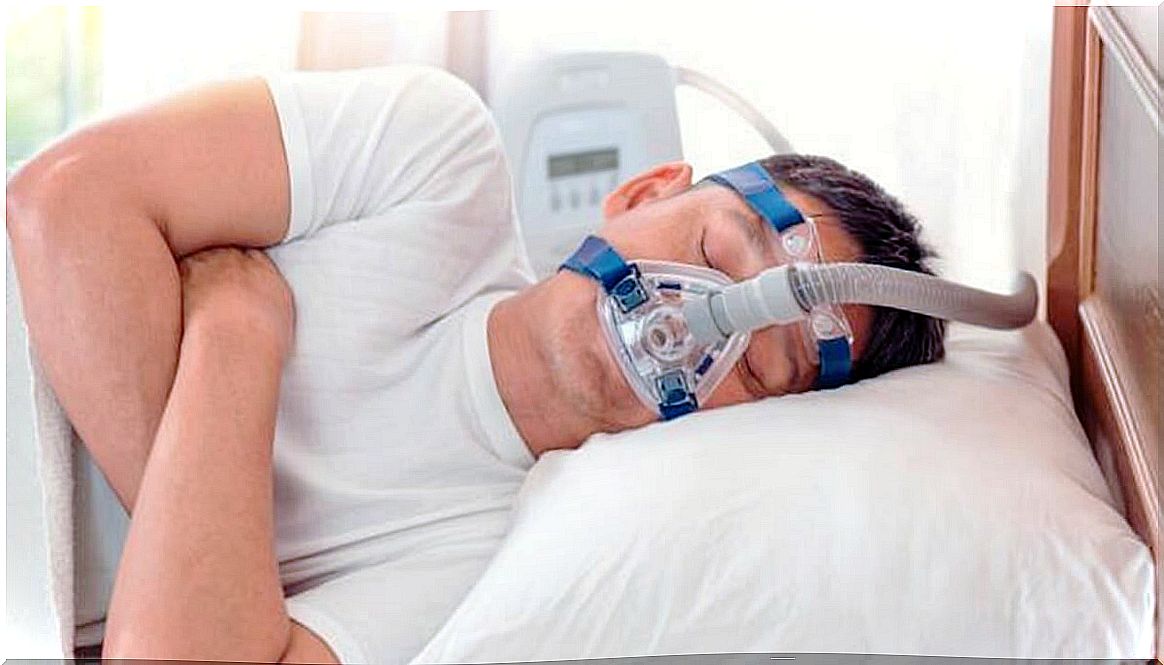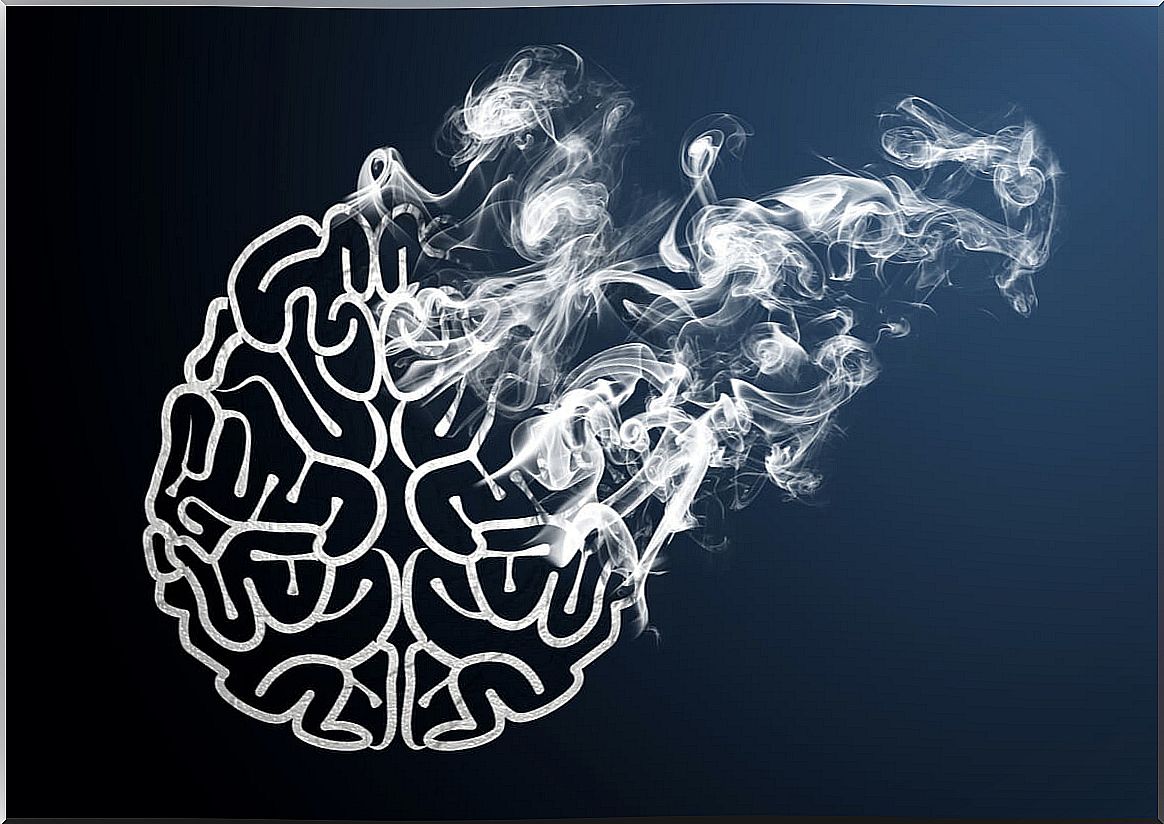Apnea And Memory: A Silent Problem With Serious Consequences

Apnea and memory are directly and often unknown. Obstructive sleep apnea is a respiratory disease that affects almost 6% of the population.
Thus, and while it is true that most are aware of some of its side effects, such as diabetes and cardiovascular problems, there are other conditions that are often neglected. This condition has a direct impact on brain health.
This momentary oxygen deprivation with which this condition occurs ends up generating slight, but constant damage to the brain throughout the night. The neurological damage in case of not resorting to any treatment can be harmful and worrying.
To the physical and psychological exhaustion itself, concentration problems, the inability to react to stimuli with agility and also mood alterations are added. Now, one of the most striking effects is memory failures.

What is obstructive sleep apnea and why does it affect the brain
One of the most obvious symptoms of obstructive sleep apnea is snoring. Now, they are not normal snoring. What happens in these cases is that the person experiences a stop in their breathing. Stop breathing for a few seconds to resume it shortly, but repeating this alteration several times throughout the night … With the consequent impact on the body.
Panting, loud snoring, dry mouth, morning headache, dizziness, hypersomnia during the day, changes in mood … The symptoms associated with apnea are very broad. However, there are many people who are not aware of it, being couples who highlight this reality. However, apnea and memory are directly related due to the effect of this alteration on the brain.
Apnea and brain damage, a silent problem
The University of Melbourne carried out very interesting research work in 2020. It concluded that the damage that apnea generates in the brain is similar to that caused by Alzheimer’s disease.
- This work found that people who had suffered from this disease for several years and without receiving treatment, showed amyloid plaques similar to those of Alzheimer’s .
- Apnea is considered a serious condition with a serious impact on the brain. When the patient suffers from severe obstructive apnea, the consequences are more intense.
- Likewise, other effects that have been seen are related to various brain areas. The white matter, for example, can also be damaged, something that will have a direct effect on mood, memory and blood pressure.
Apnea and memory: when the lack of oxygen robs your memory
Apnea and memory has been a recurring subject of study in the field of neuroscience for a few years. Something that is frequently appreciated is how patients who suffer from this disease show a clear difficulty to remember significant moments in their lives.
As we can well suppose, this is lived in a very problematic way. Above all, because to this factor are added all the known effects associated with apnea itself: exhaustion, headache, irritability, cardiovascular problems, etc. If the person also perceives how certain parts of his life are fading, helplessness and discomfort rise.
Apnea and episodic memory: I no longer remember important moments in my life
Episodic memory is one that is linked to moments in our autobiography. They are moments where emotions, places and moments that are significant to us are embedded. Apnea and memory are related because fragments of those episodes of our yesterday are disintegrating.
- Research works such as those carried out at the University of Perth in Australia speak of how interrupted sleep and hypoxia cause chemical and structural damage at the neurological level.
- The impact of apnea primarily affects the functions of the prefrontal cortex and the hippocampus. They are regions related to memory and executive functions (attention, problem solving, etc.).
The risk of depression, a frequent reality
Something that has long been appreciated in people with obstructive sleep apnea is the high rate of depression. Until not long ago the reason was not well understood. It was suspected that factors such as exhaustion, lack of night’s rest and changes in mood associated with white matter, could explain it.
Now, the memory loss factor is also decisive. When a person is aware that he is losing the ability to evoke his past, he suffers a high level of wear and tear at all levels.

The importance of going to the specialist
Sleep apnea has several treatments, and all of them are effective. The specialists will choose each of them depending on the needs of each patient:
- Continuous positive airway pressure (CPAP) treatment.
- Airway pressure devices.
- Oral appliances for sleep apnea.
However, the most decisive thing is to receive a diagnosis as soon as possible. Often times, we can have patients who have been silently suffering from this respiratory condition for decades. In these cases, the risk of suffering heart attacks, memory problems, and even depression, rises.
Let us not hesitate to consult with our doctor in case we are one of those people who snore (or breathe heavily) at night.









